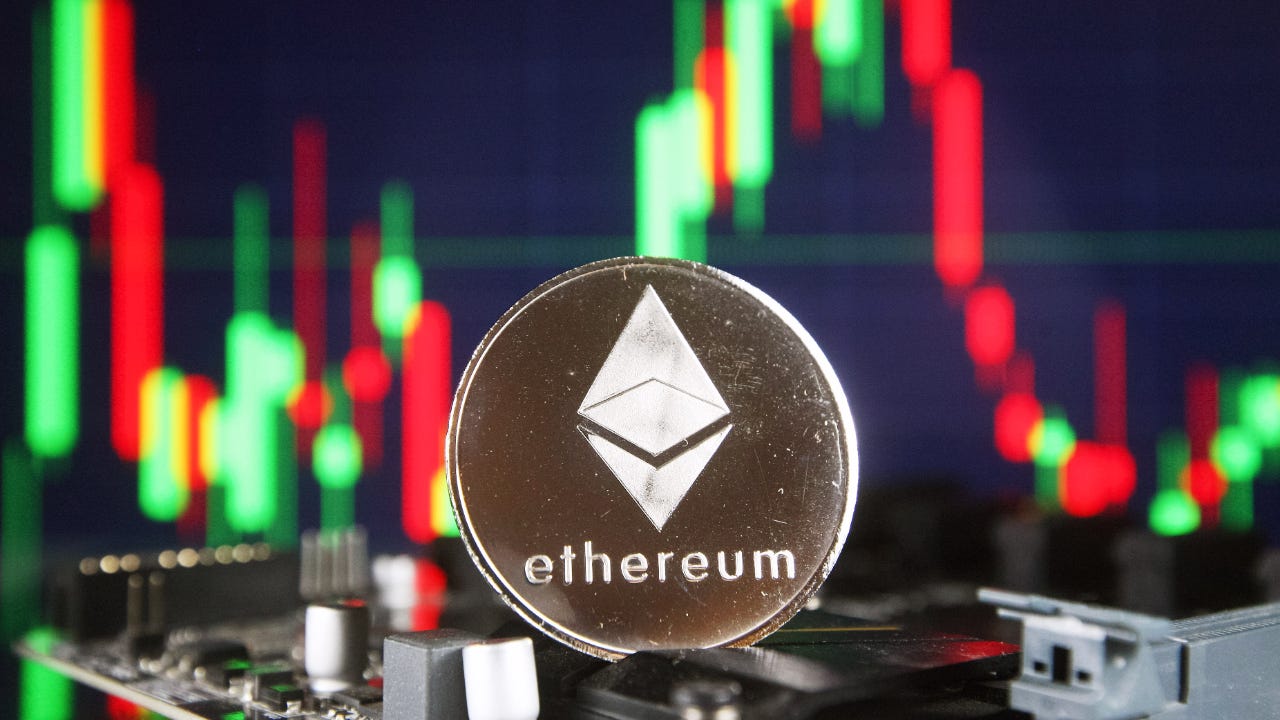The Ultimate Guide to BaoXing Bags
Explore the latest trends and styles in BaoXing bags.
ETH: The Future of Digital Currency or Just a Fad?
Discover if ETH is the future of digital currency or just a passing fad. Uncover insights that could change your investment strategy!
Understanding Ethereum: How It Works and Its Potential Impact on Digital Currency
Ethereum is a decentralized, open-source blockchain system that features smart contract functionality. Unlike Bitcoin, which primarily serves as digital currency, Ethereum allows developers to create decentralized applications (dApps) on its platform. At its core, Ethereum operates through a unique consensus mechanism called Proof of Stake, which enhances the network's security and efficiency. By utilizing Ether (ETH), the native cryptocurrency, users can execute transactions and interact with smart contracts. The ability to automate agreements without the need for intermediaries is one of Ethereum's most compelling features, making it significantly impactful in various sectors, including finance, supply chain, and more.
The potential impact of Ethereum on the future of digital currency is substantial. As more businesses and developers adopt its technology, we can anticipate a greater shift towards decentralized finance (DeFi) and non-fungible tokens (NFTs). These innovations are poised to redefine how we think about ownership, value, and transaction processes. Furthermore, Ethereum's continuous upgrades and evolving ecosystem aim to resolve challenges such as scalability and high transaction fees, enabling it to support a growing number of users. As Ethereum continues to develop, it remains a cornerstone in the conversation about the future of digital currencies and blockchain technology.

Is Ethereum Just a Passing Trend? An In-Depth Analysis
The rise of Ethereum has sparked a heated debate among investors, startups, and blockchain enthusiasts regarding its sustainability in the rapidly evolving cryptocurrency landscape. Unlike Bitcoin, which serves primarily as a store of value, Ethereum offers a versatile platform for developers to create decentralized applications (dApps) through its smart contract functionality. This innovation has made Ethereum a cornerstone of the decentralized finance (DeFi) movement, leading many to believe that its growth potential far exceeds that of traditional cryptocurrencies. However, skeptics argue that without significant technological advancements and broader adoption, Ethereum could ultimately become just a passing trend.
While the initial excitement surrounding Ethereum has led to a surge in projects and investment, the real question remains whether these developments can sustain long-term interest. Analysts point to factors such as network scalability, transaction fees, and competition from newer blockchain platforms like Binance Smart Chain and Solana as critical challenges. Additionally, regulatory scrutiny continues to loom over the cryptocurrency space, raising concerns about the ability of Ethereum to maintain its status as a leading blockchain. To evaluate whether Ethereum is merely a flavor of the month or a foundational technology for the future, it is essential to examine its adaptations and the evolution of its ecosystem in the coming years.
The Role of Smart Contracts in the Future of Digital Finance
Smart contracts are poised to revolutionize the landscape of digital finance by providing a secure and automated way to execute transactions. Unlike traditional contracts, which require intermediaries to manage and enforce agreements, smart contracts operate on decentralized blockchain networks. This means that once conditions coded into the contract are met, the contract executes automatically without human intervention. This not only speeds up transaction processes but also reduces costs associated with trust and enforcement, making digital finance more accessible to a broader audience.
The future of digital finance is not just about faster transactions; it's also about increased transparency and efficiency. Smart contracts enable real-time auditing and tracking of transactions, thereby minimizing fraud and enhancing accountability. Moreover, as these technologies evolve, they could pave the way for innovative financial products, such as decentralized autonomous organizations (DAOs) and tokenized assets, which could democratize access to investments and reshape traditional finance. As industries begin to recognize the potential of smart contracts, we can anticipate a disruptive shift in how financial transactions are conducted globally.